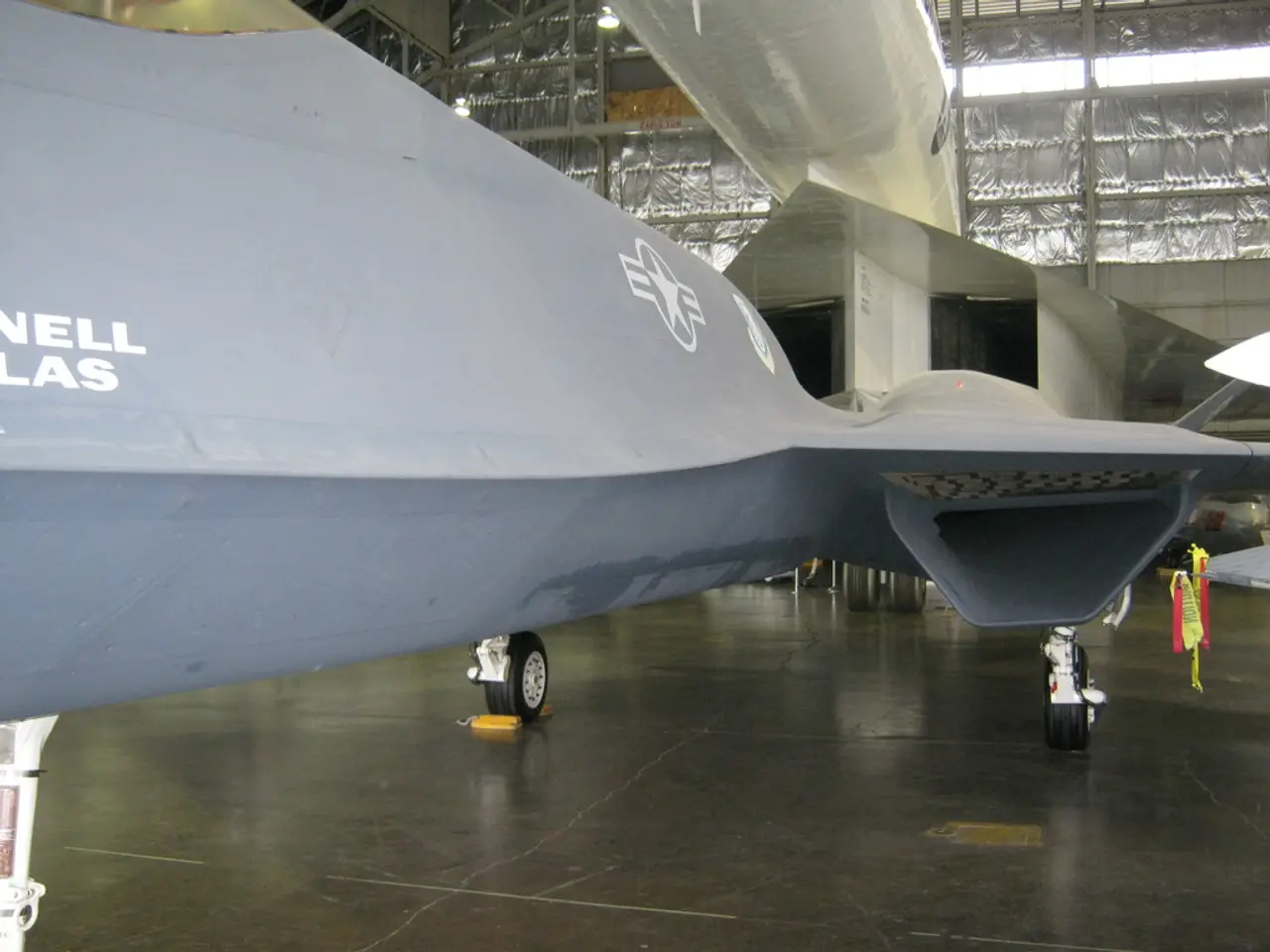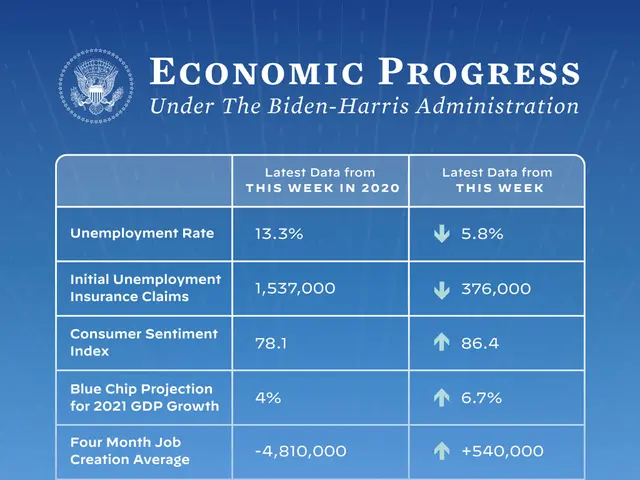U.S. Transport Department warnings cancel joint business between Delta Airways and Aeromexico
The ongoing dispute between the U.S. Department of Transportation (DOT) and Mexico has reached a critical point, with the DOT taking aggressive measures against what it perceives as Mexico's violation of the 2015 Open Skies aviation agreement.
Key points of the dispute include:
- Mexico’s unilateral relocation of cargo operations from Mexico City Benito Juárez International Airport (MEX) to Felipe Ángeles International Airport (AIFA) starting in 2023, and capacity restrictions imposed at MEX since 2022. These moves forced U.S. airlines such as American, Delta, and United to use the newer and less convenient AIFA.
- The U.S. DOT alleges Mexico violated bilateral agreements by making these operational changes without proper consultation, disrupting market conditions and increasing costs for U.S. carriers, while giving Mexican airlines an unfair competitive advantage.
- In response, the DOT has escalated enforcement actions since July 2025, including requiring Mexican airlines to submit flight schedules for U.S. operations for review and seeking prior approval for large passenger or cargo charter flights to the U.S. The DOT also threatened to suspend approvals of new flights and end the antitrust immunity protection for the Delta–Aeroméxico joint venture, which allows cooperative transborder operations.
- The legal challenge to the joint venture’s antitrust immunity is supported by the U.S. Department of Justice as of August 2025, increasing pressure on Aeroméxico and Delta in this long-running conflict.
- Mexico’s government, including President Claudia Sheinbaum, maintains the airport relocation was necessary to reduce congestion and modernize infrastructure and calls the U.S. actions politically motivated and unjustified. As of late July 2025, no flights had been suspended, and no formal trade complaint had been received by Mexico.
Recent developments in the dispute include:
- On July 19th, 2022, the U.S. Department of Transportation threatened to dissolve Delta Air Lines joint venture with Aeromexico.
- The Trump administration now says the conditions for immunity no longer exist and that the joint venture no longer serves the public interest.
- Mexico banned freighter operators from the country's main international airport in Mexico City in 2023.
The DOT has initiated a three-pronged initiative to pressure Mexico into changing its policy regarding U.S. airlines. This includes:
- Requiring Mexican airlines to file schedules with the U.S. Department of Transportation for all their U.S. operations by July 29, 2022.
- The final order terminating approval of the joint venture would not become effective until Oct. 25, at the earliest.
- The Department also reserves the right to disapprove flight requests from Mexico should the country fail to take corrective action.
The U.S. DOT has also accused Mexico's government of alleged anti-competitive behavior and has issued a second order prohibiting Mexican airlines from operating large aircraft for passenger or cargo charter flights to or from the United States without prior DOT approval. If antitrust immunity is revoked, Delta and Aeroméxico would be required to discontinue cooperation on pricing, capacity management, and revenue sharing.
This dispute is at a critical juncture, with the U.S. DOT signaling possible further economic sanctions or operational restrictions depending on Mexico’s response and any additional disruptions at Felipe Ángeles Airport. The relocation of all-cargo carriers to Felipe Angeles International Airport added operational costs and complexity for cargo operators, resulting in disruptions and costing American companies millions of dollars.
Read also:
- Scheduling and Healing Process of Cataract Surgery Operations
- Leading Audiologists in Knoxville, Tennessee
- Study conducted by the Centre for Chronic Disease Control (CCDC) reveals that two-drug combination therapies are successful in enhancing blood pressure control among Indians.
- Contestants Engage in Government-Inspired Public Service Challenge







